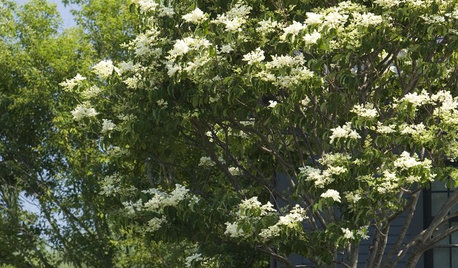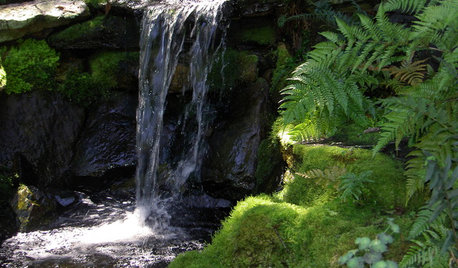Jodik's questions on winter fertilization
farkee
13 years ago
Featured Answer
Comments (12)
greenman28 NorCal 7b/8a
13 years agolast modified: 9 years agomeyermike_1micha
13 years agolast modified: 9 years agoRelated Professionals
Clermont Landscape Contractors · Americus Landscape Contractors · Centereach Landscape Contractors · Dickinson Landscape Contractors · Hollywood Landscape Contractors · La Vista Landscape Contractors · Riverview Landscape Contractors · Rosemount Landscape Contractors · Winchester Landscape Contractors · Hawaiian Gardens Landscape Contractors · Cocoa Beach Solar Energy Systems · Hemet Solar Energy Systems · Fort Myers Window Contractors · White Center Window Contractors · Nampa Fence Contractorstapla (mid-Michigan, USDA z5b-6a)
13 years agolast modified: 9 years agojodik_gw
13 years agolast modified: 9 years agojane__ny
13 years agolast modified: 9 years agomrlike2u
13 years agolast modified: 9 years agojodik_gw
13 years agolast modified: 9 years agotapla (mid-Michigan, USDA z5b-6a)
13 years agolast modified: 9 years agomrlike2u
13 years agolast modified: 9 years agojodik_gw
13 years agolast modified: 9 years agojodik_gw
13 years agolast modified: 9 years ago
Related Stories

GARDENING GUIDESGet on a Composting Kick (Hello, Free Fertilizer!)
Quit shelling out for pricey substitutes that aren’t even as good. Here’s how to give your soil the best while lightening your trash load
Full Story
GARDENING GUIDESNo-Regret Plants: 5 Questions Smart Shoppers Ask
Quit wasting money and time at the garden center. This checklist will ensure that the plants you're eyeing will stick around in your yard
Full Story
GARDENING GUIDESGarden Myths to Debunk as You Dig This Fall and Rest Over Winter
Termites hate wood mulch, don’t amend soil for trees, avoid gravel in planters — and more nuggets of garden wisdom
Full Story
GARDENING GUIDESHow to Keep Your Citrus Trees Well Fed and Healthy
Ripe for some citrus fertilizer know-how? This mini guide will help your lemon, orange and grapefruit trees flourish
Full Story
GARDENING GUIDESHow to Switch to an Organic Landscape Plan
Ditch the chemicals for a naturally beautiful lawn and garden, using living fertilizers and other nontoxic treatments
Full Story
WINTER GARDENINGPruning Secrets for Exquisite Roses
Encourage gorgeous blooms year after year with this time-tested advice on how to prune your rosebush in winter for health and shape
Full Story
HOUSEPLANTS8 Essentials for Healthy Indoor Plants
Houseplants add so much to our homes — and can thrive when grown in the right conditions. Keep these tips in mind
Full Story
LANDSCAPE DESIGN9 Ideas for Thoughtful Gardening in 2014
Start the year with a new way of thinking about your yard. Does one of these garden experiences sound good to you?
Full Story
EDIBLE GARDENSHow to Grow 10 Favorite Fruit Trees at Home
Plant a mini orchard in fall, winter or early spring to enjoy fresh-off-the-tree fruit the following year
Full Story
MONTHLY HOME CHECKLISTSYour Fall Home Maintenance Checklist
Prep your house and yard for cold weather with this list of things to do in an hour or over a weekend
Full Story






tapla (mid-Michigan, USDA z5b-6a)